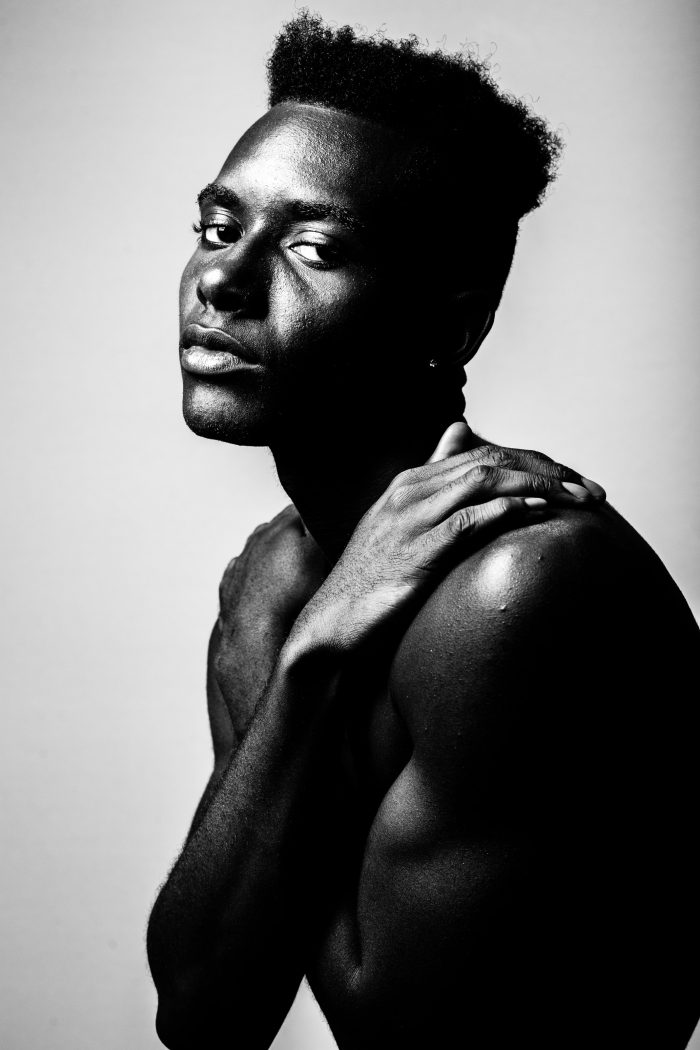Since George Floyd’s death, many of us have been doing some serious self-reflection.
One of my recent musings involves an experience a couple of years back.
My husband and I were meeting some friends at a restaurant close by my alma mater, Temple U. As he drove through the confusing warren of backstreets in an urban section of Philly, somehow my husband missed a stop sign.
As luck would have it, we immediately saw flashing lights in our rearview mirror.
Now, these were in the days before the dramatic images of Philly cops senselessly teargassing peaceful protestors. As white folks, we didn’t have fear or any response other than to think what an expensive lunch this was turning out to be.
My husband pulled over, and the female officer approached the car. While I can’t be sure what she was thinking, here’s what she probably saw: two white, heteronormative people dressed up for lunch. Since there was no fear or “flight” response from us—which would have been normal for people who are facing chronic trauma—our body language was open. When my husband responded to the officer’s request for identification, his typically masculine voice outed him as cisgender, and his word choice likely signaled “educated.”
What ensued was a civil conversation about why we were in the area due to our out of state license plates. We drove away without a ticket and with a recommendation about what to order at lunch.
Now had we been Black, trans, or gay it may have had a different matter. We communicate a lot through our bodies. My colleague and I, in our book on working with trans folks, call this body privilege.
The word privilege refers to the inherent benefits that certain groups of people have by being part of a majority group. Some examples of privilege are white privilege, male privilege, and heterosexual privilege. Body privilege are those benefits people in the majority culture receive based on the observable details about them that identify people as part of a majority group.
It’s something we often don’t talk about as white folks. And why should we? Privilege is something we generally take for granted.
As a white, cis, hetero, educated woman, my interactions with the world are largely favorable. I am not outed as “other” when I move through the world.
My skin color, dress, and hair match those depictions in mainstream magazines. My body size is not too large. Strangers don’t stare. My voice matches the gender I present as, allowing me to use a restroom without fear that a conversation in the bathroom line will cause me to be told that I am in the wrong place.
If these statements are true, you likely also have body privilege:
Your body matches your gender identity
Bodies like yours are represented in television, movies, and other forms of art
No one asks to touch your hair, or does it without permission
You are not made to feel invisible
No one comments on your voice pitch or tells you you sound “educated”
You are not the butt of jokes like, “at least you don’t need to buy tanning lotion”
You can purchase clothing in most major department stores
Body privilege also concerns a person’s physiological reactions to stressful situations. My body’s reactions are based primarily on my sense of safety in moving through the world. Many people—Black, Brown, and trans, never experience such safety, moving through life in a state of trauma-based physiological arousal.
In My Grandmother’s Hands: Racialized Trauma and the Pathway to Mending Our Hearts and Bodies, author Resmaa Menaken reinforces the very body-based aspects of racialized trauma. The body is the heart of our fight, flight, and freeze response. Cultures who have been victimized by white supremacy have trauma deeply embedded within the body. While they may become adept at hiding these responses from others, in situations such as the one I described, an encounter with police, it is much more challenging. As personal experiences are overlayed with the collective trauma of racism, people may react more observably.
Are we misperceiving such trauma responses as defensiveness? Untrustworthiness? Signs of criminal or mal intent?
We must begin to challenge ourselves to understand this idea of body privilege and to tune in to our own responses. White folks are being challenged to look at this and other privileges more deeply. Can we do that on a deeper, more body-based level?
How did you feel, physically feel, when you saw the video of George Floyd’s murder? Read about Elijah McClain’s murder? For me, an avid cat and music lover, Elijah McClain’s death was like being kicked in the gut. I still quite literally choke up, and my chest constricts when I envision his sweet young face.
These responses urge me to speak out.
Which is just what Menakem implores. It’s time to stop being “nice,” he says, and begin to have these difficult conversations.
“You’re gonna have to build culture and community to be able to hold this. Your niceness is inadequate to deal with the level of brutality that has occurred. Your niceness—I’m glad you’re nice to me. But don’t attribute that niceness as embodied antiracist practice,” says Menakem.
How will you take action?











Read 4 comments and reply